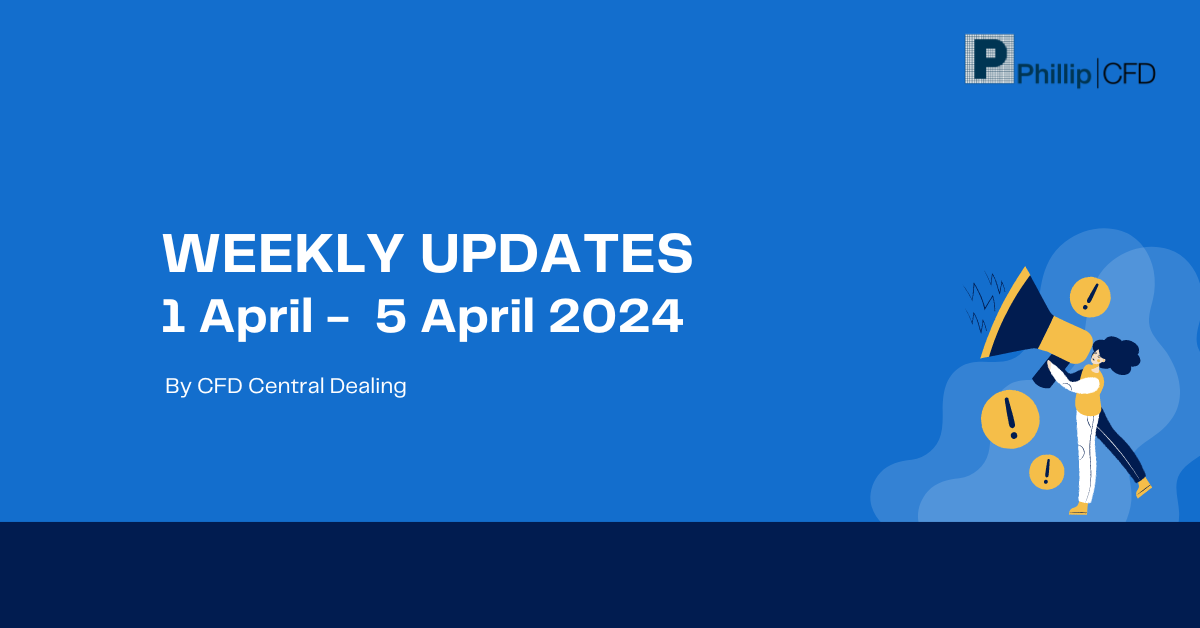Certificate of deposit
Table of Contents
Certificate of deposit
Saving money might be difficult. So, several tools are available to help you save, but which one will help you achieve your objectives?
Most people begin their savings journey with a conventional savings account. Although a savings account is a terrific way to save money, you don’t make much from deposits because the interest rates are usually so low. Other methods, including certificates of deposit, or CDs, are available to assist you in saving money and provide a higher rate of return.
What is a CD?
A CD is a type of investment product typically offered by banks. It requires investors to lock up money for a set period in exchange for high returns. Investors who purchase CDs must effectively deposit money and leave it alone for a pre-determined time.
In exchange for storing a specific amount of money for a pre-determined period, such as six months, a year, or five years, the issuing bank will pay interest on a CD, a form of savings account. When you cash in or redeem your CD, the money you originally put in, plus any interest, will be given to you. Using CDs is among the safest methods of saving money.

Understanding CDs
A fixed-term investment instrument called a CD is provided by banks, credit unions, and brokers that work for financial institutions. Typically, a CD is considered a type of savings account that provides a higher interest rate than a typical one.
A lack of liquidity is a trade-off here, as withdrawals from a regular bank account are permitted whenever necessary. CDs, however, prohibit withdrawals before the tenure is complete. This limits liquidity for an investor who suddenly needs cash, as the money from CDs can be withdrawn only after paying a penalty.
The original investment value and compound interest profits are paid out after the term is complete. CDs continue to be a highly desired investment due to their safety and minimal risk. An investor can browse the web or go to a bank to discover more about the various CD offerings. Each financial entity will have different maturity dates, interest rates, minimum balance requirements, and penalty costs.
Attributes of a CD
You must fully understand what a certificate of deposit is before you invest; or else you risk losing your money.
- Eligibility
Not every business or bank can issue CDs, and not every person or entity can buy one.
- Maturity time frame
The maturity period for a CD issued by a commercial bank can vary for financial institutions.
- Minimum investment amount
A CD can be issued to a single issuer for a minimum amount and its multiples.
- Transferability
Demat types of certificates must be transferred by the procedures used for demat securities. Digitized or dematerialized certificates can be delivered or endorsed for transfer.
- Inability to obtain a loan.
Banks do not make loans against these instruments because they do not have a lock-in period. In reality, banks cannot repurchase certificates of deposit before they mature.
- Discount given.
The price of a CD is lowered from its face value. Additionally, banks and other financial institutions can issue CDs with fluctuating rates.
How to buy a CD
Similar to opening a bank CD, purchasing a brokered CD only differs in that you do so through a brokerage. Before you can buy a brokered CD, you must first open a brokerage account if you don’t already have one. Normally, this entails completing an account application, supplying the necessary paperwork, and attaching an outside bank account.
- Step 1: Access your brokerage account.
You can log in and go to the area of your dashboard where you can purchase and sell once you have a brokerage account. You’ll select the option to buy CDs in this case.
- Step 2: Examine CD alternatives
You should receive a list of CDs you can purchase from your brokerage. Based on the interest rate, maturity length, and down payment needed, you can compare what other banks offer.
- Step 3: Select a CD
Choose a brokered CD, your brokerage, and your investment amount.
- Step 4: Examine the order and submit
You need to be directed to a summary screen where you may verify the specifics of your brokered CD purchase. You can submit the order if everything is to complete the transaction.
Benefits of a certificate of deposit
The main advantages of a certificate of deposit are:
- It is a safe financial product that is unaffected by market turbulence.
- When a bank CD matures, a certain amount is guaranteed.
- On lump sum investments, CD interest rates are also greater.
- When withdrawing CDs at maturity, you can receive payments every month, every year, or even all at once.
- With CDs, you often have to pay the investment amount without other fees or costs.
Frequently Asked Questions
A good CD rate depends on a few factors, but your particular needs will determine the answer. If you need to get your money back in a year, your best options for a CD will be for terms of a year or less. If you can lock your money away for longer, a longer-term CD may offer a higher yield. Usually, longer durations pay more. The bank is willing to pay you extra if you can guarantee that your money will be there when they need it. Compare CD rates to the national average to be sure you are getting a fair return.
A CD is a particular savings account. You deposit funds into the account and agree not to remove them for a specified period. After that time, you get your money back with any interest accrued.
When the CD matures at the end of the term, your bank or credit union will release your funds and any accumulated interest. You now have the option to cash the check, transfer the funds to another account, or purchase another CD with the remaining funds.
Both certificates of deposit and fixed deposits are bank-based investment choices that allow you to earn income. While FDs have variable investment tenures, CDs have shorter terms.
Small Finance Banks, Regional Rural Banks, and Scheduled Commercial Banks are all able to issue CDs.
Related Terms
- Mark-to-market
- Federal Open Market Committee
- FIRE
- Applicable federal rate
- Assets under management
- Automated teller machine
- Central limit theorem
- Balanced scorecard
- Analysis of variance
- Annual percentage rate
- Double Taxation Agreement
- Floating Rate Notes
- Average True Range (ATR)
- Constant maturity treasury
- Employee stock option
- Mark-to-market
- Federal Open Market Committee
- FIRE
- Applicable federal rate
- Assets under management
- Automated teller machine
- Central limit theorem
- Balanced scorecard
- Analysis of variance
- Annual percentage rate
- Double Taxation Agreement
- Floating Rate Notes
- Average True Range (ATR)
- Constant maturity treasury
- Employee stock option
- Hysteresis
- RevPAR
- REITS
- General and administrative expenses
- OPEX
- ARPU
- WACC
- DCF
- NPL
- Capital expenditure (Capex)
- Balance of trade (BOT)
- Retail price index (RPI)
- Unit investment trust (UIT)
- SPAC
- GAAP
- GDPR
- GATT
- Irrevocable Trust
- Line of credit
- Coefficient of Variation (CV)
- Creative Destruction (CD)
- Letter of credits (LC)
- Statement of additional information
- Year to date
- Price-to-earnings (P/E) ratio
- Individual retirement account (IRA)
- Quantitative easing
- Yield to maturity
- Rights of accumulation (ROA)
- Letter of Intent
- Return on Invested Capital (ROIC)
- Return on Equity (ROE)
- Return on Assets (ROA)
Most Popular Terms
Other Terms
- Physical ETF
- Initial Public Offering
- Buyback
- Secondary Sharing
- Bookrunner
- Notional amount
- Negative convexity
- Jumbo pools
- Inverse floater
- Forward Swap
- Underwriting risk
- Reinvestment risk
- Final Maturity Date
- Payment Date
- Secondary Market
- Margin Requirement
- Pledged Asset
- Yield Pickup
- Subordinated Debt
- Trailing Stops
- Treasury Stock Method
- Stochastic Oscillator
- Bullet Bonds
- Basket Trade
- Contrarian Strategy
- Exchange Control
- Notional Value
- Relevant Cost
- Dow Theory
- Speculation
- Stub
- Trading Volume
- Going Long
- Pink sheet stocks
- Rand cost averaging
- Sustainable investment
- Stop-limit sell order
- Economic Bubble
- Ask Price
- Constant prepayment rate
- Covenants
- Stock symbol
- Companion tranche
- Synthetic replication
- Bourse
- Beneficiary
- Witching Hour
- Widow and Orphan stock
- Public Float
- Closing Price
Know More about
Tools/Educational Resources
Markets Offered by POEMS
Read the Latest Market Journal

Back in Business: The Return of IPOs & Top Traded Counters in March 2024
Start trading on POEMS! Open a free account here! At a glance: Major indices continue...

Weekly Updates 15/4/24 – 19/4/24
This weekly update is designed to help you stay informed and relate economic and company...

From $50 to $100: Unveiling the Impact of Inflation
In recent years, inflation has become a hot topic, evoking strong emotions as the cost...

Japan’s Economic Resurgence: Unveiling the Tailwinds Behind Nikkei 225’s Record Leap
Source: eSignal, Intercontinental Exchange, Inc. In the heart of Japan’s economic landscape, the Nikkei 225...

Weekly Updates 8/4/24 – 12/4/24
This weekly update is designed to help you stay informed and relate economic and...

What Makes Forex Trading Attractive?
In a world where the click of a button can send goods across oceans and...

Weekly Updates 1/4/24 – 5/4/24
This weekly update is designed to help you stay informed and relate economic and company...

How to soar higher with Positive Carry!
As US Fed interest rates are predicted to rise 6 times this year, it’s best...












